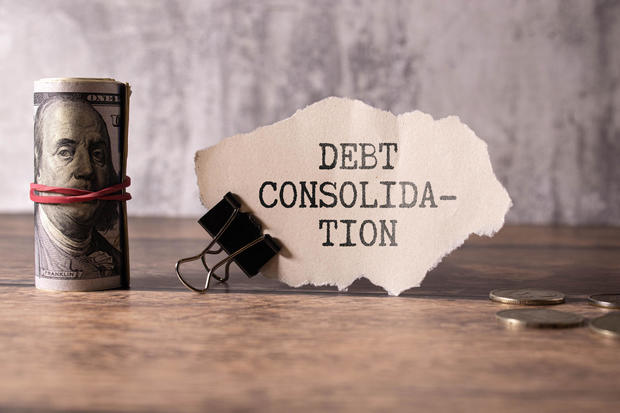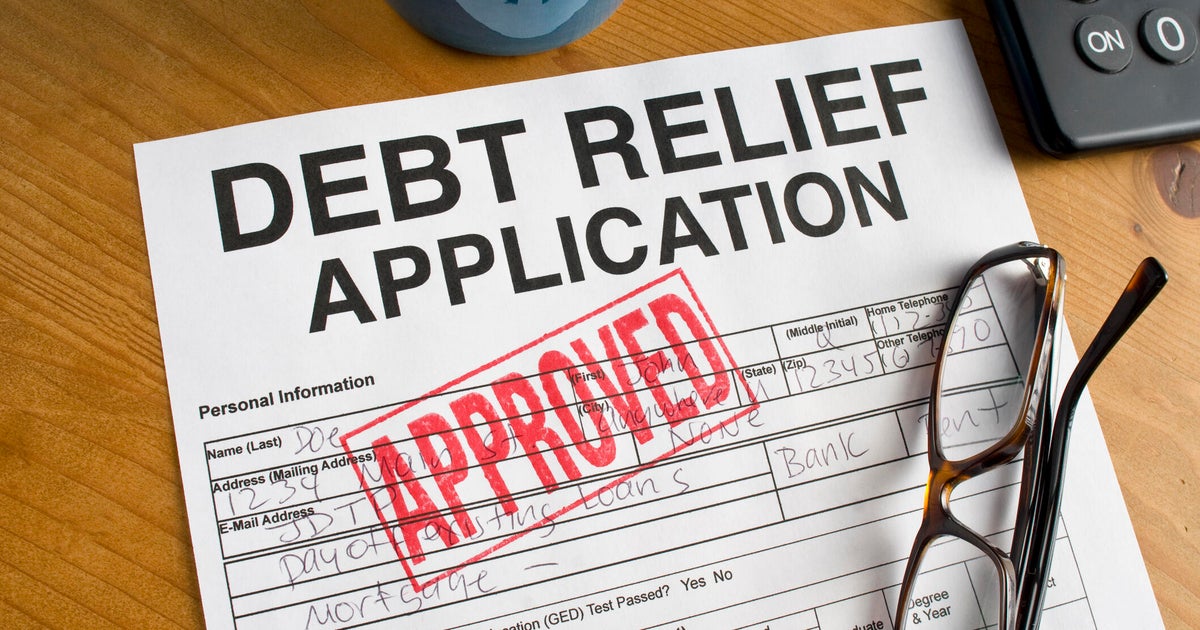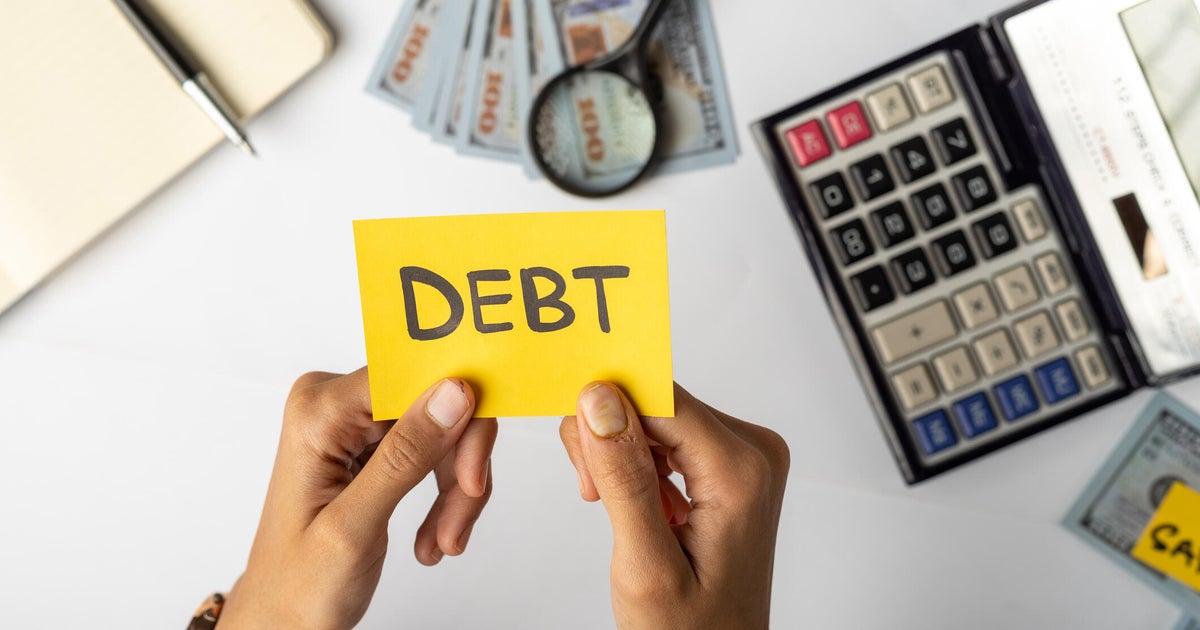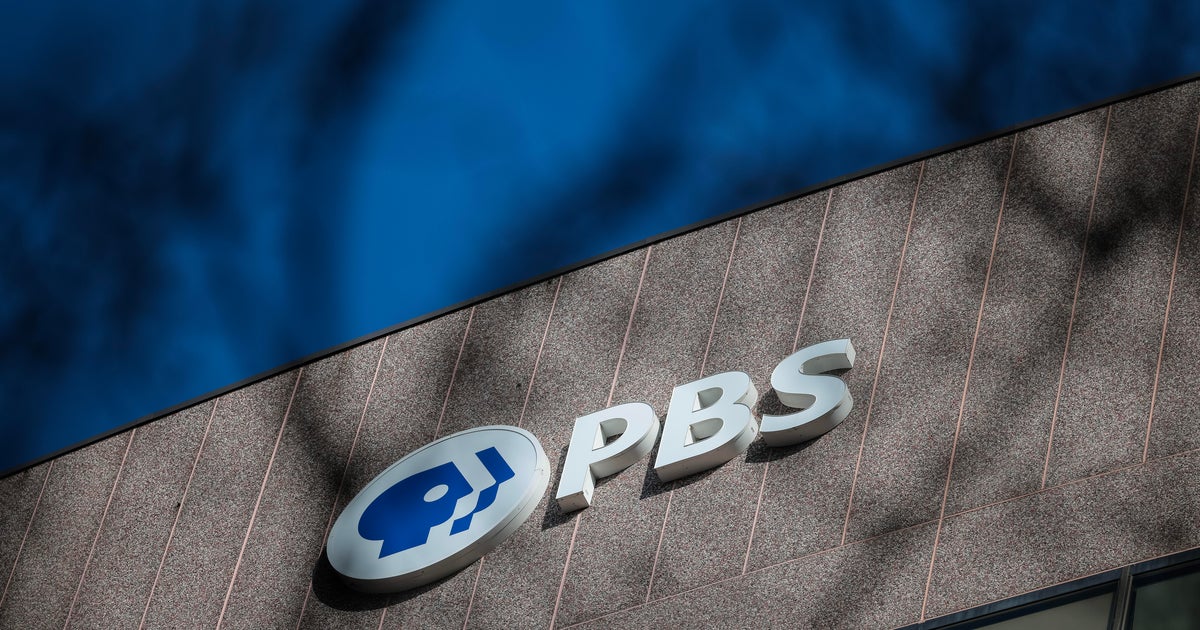4 strategies to cut your credit card debt this August
Between the ongoing inflation issues, the high-rate environment and the other economic hurdles that have been looming, many Americans are facing tough financial times now. And, that's especially true for those who are carrying variable-rate debt, like credit card debt, as the Fed rate hikes that have occurred over the last couple of years have had a big impact on those types.
For example, the average credit card rate is currently 22.76%, up from just 16.65% at the same point in 2022. That's an increase of over 36% in just two years. So, if you're carrying any amount of credit card debt right now — which many Americans are — you're likely paying a lot more in interest than you were a couple of years ago. And, you're doing so at a time when rising consumer goods costs are also negatively impacting your budget.
That can be a recipe for financial disaster if you aren't careful. After all, it doesn't take much for compounding interest charges to cause your balance to become unmanageable, especially if you've racked up anywhere close to the $7,950 in credit card debt that the average American is carrying. But the good news is that there are ways to take action and get rid of your credit card debt this August.
Need help with your credit card debt? Compare the debt relief options available to you now.
4 strategies to cut your credit card debt this August
If you're struggling to pay off your credit card debt, here are several strategies that may help you tackle the issue:
Opt for debt consolidation
With debt consolidation, the goal is to combine multiple debts into a single, more manageable payment, typically with a lower interest rate than what you pay on your credit cards. By doing this, you can expedite and simplify the repayment process while cutting down on the total interest charges you owe. And, there are two main approaches to consider: debt consolidation loans and debt consolidation programs.
Debt consolidation loans are offered by traditional banks, credit unions and lenders who specialize in debt consolidation. You can also use other types of loans, like personal loans or home equity loans, to consolidate your debt. However, you'll typically need a good credit score to qualify for the best rates, so if you have some late payments or other negative marks on your credit report, this may not be the best strategy.
Debt consolidation programs work similarly. When you enroll in this type of program, your card debt is rolled into one loan issued by a debt relief company's partner lenders. The big difference between the two is that there may be more flexible borrower requirements when using the company compared to traditional debt consolidation lending.
Find out how the right debt relief program could benefit you now.
Utilize nonprofit debt management
Credit counseling agencies, which are typically nonprofit organizations, offer debt management plans that can help you repay your debts more efficiently. When you enroll in this type of program, the credit counselor you work with will help you create a debt repayment plan that aligns with your financial goals and capabilities. During this process, they may also try to negotiate lower interest rates or waived fees with your creditors to cut down on what you owe.
These programs be an excellent option for those struggling with high-interest credit card debt. However, if you owe a significant amount of money to your creditors, these programs may not provide enough relief.
Pursue credit card debt forgiveness
With credit card debt settlement, commonly referred to as credit card debt forgiveness, the goal is to negotiate with your creditors to get them to accept less than the full amount owed. This can be done independently or through a debt relief company. The remaining portion is "forgiven" after the agreed-upon sum is paid and the debt is considered settled.
While successful negotiations can reduce your overall debt (in some cases by up to 50%), you should be aware of the drawbacks. These include negative impacts on your credit score, potential tax implications, the risk of creditors not agreeing to settle and high fees for debt relief companies.
Negotiate with your creditors
If you want to get rid of your card debt, don't underestimate the power of simply asking for more help. Call your credit card companies and request lower interest rates and fees if you're facing temporary financial difficulties. Many creditors are willing to work with customers to prevent defaults.
You can also inquire about any hardship programs your creditors may offer. By enrolling in this type of program, you could receive temporary modifications to your credit card terms, like reduced interest rates, lower minimum payments, waived fees or even short-term payment suspensions (the specific terms vary by issuer).
The bottom line
While the strategies outlined above can be a good starting point for tackling your credit card debt this August, remember that there's no one-size-fits-all solution to getting rid of credit card debt. The best strategy depends on your financial situation, the amount of debt, your credit score and your long-term financial goals. So, make sure you weigh all of your options and choose the one that aligns best with your unique circumstances to ensure that you're setting yourself up for a stronger financial future.






